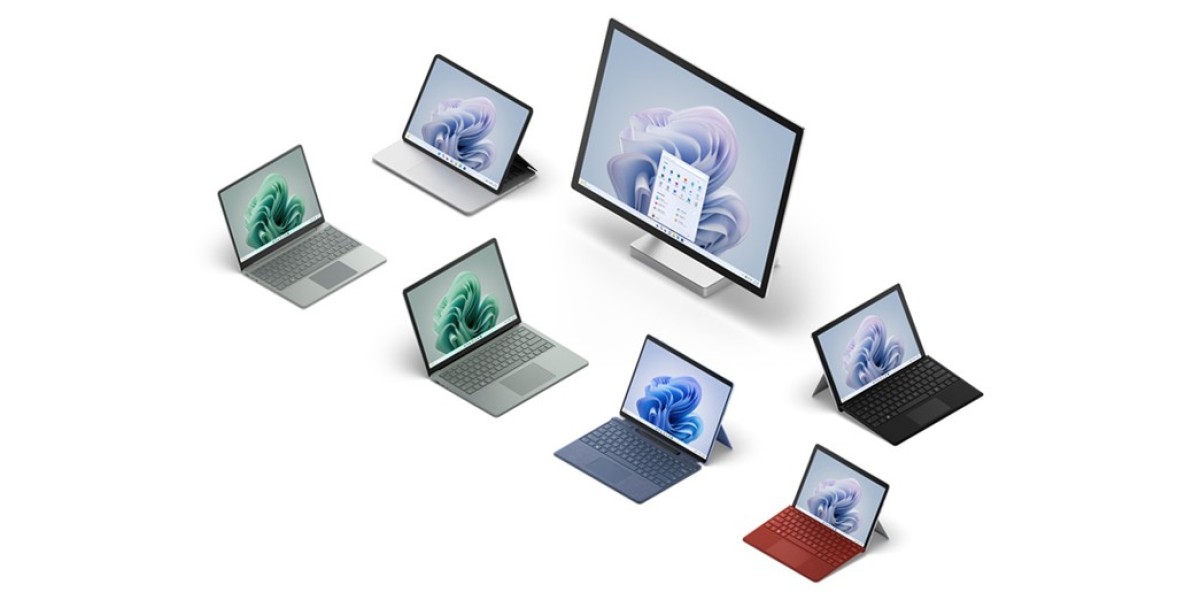Overview
An inability to focus, hyperactivity, and impulsivity are hallmarks of Attention Deficit Hyperactivity Disorder (ADHD), a neurodevelopmental condition. Impulse control is one of the major issues that people with ADHD deal with, and it can cause problems when making decisions. Impulsivity control issues can have a significant effect on relationships, general well-being, and success in school or the workplace, among other areas of life. Nonetheless, there are methods and approaches that can assist people with ADHD in controlling their impulsivity and improving their decision-making.
Recognizing Impulse Control in ADHD
The capacity to withstand short-term cravings or temptations in favor of longer-term objectives or ideals is known as impulse control. Because of abnormalities in the way their brains function, especially in the areas that deal with executive functions like self-control, organization, and planning, people with ADHD frequently suffer with impulse control. These issues may show out as impulsive actions like talking over other people, acting without thinking, or taking chances.
Poor academic or professional performance, financial hardships, damaged relationships, and engagement in risky behaviors like substance misuse or reckless driving are just a few of the negative effects that impulsivity in ADHD can have.
Techniques for Increasing Self-Control
Meditation and mindfulness:
Deep breathing exercises and other mindfulness techniques can help people with ADHD become more conscious of their thoughts, feelings, and impulses. Regular mindfulness practice can help people become more self-aware and teach them to notice their impulses without acting on them right away. This heightened consciousness can offer an important break that for more thoughtful decision-making.
Cognitive behavioral therapy, or CBT, is a type of therapy where the goal is to recognize and address maladaptive thought processes and behavior patterns. CBT can assist people with ADHD in identifying impulsive thoughts and creating new coping mechanisms for them. People can improve their control over their behavior and make more deliberate judgments by learning how to reframe impulsive urges and apply problem-solving strategies.
Time Management Strategies:
People with ADHD frequently struggle with time management, which can lead to impulsive and bad decisions. By employing time management strategies, such as prioritizing tasks according to significance and urgency, using timers or alarms to structure time, and breaking tasks down into smaller, manageable steps, people with ADHD can better control their behavior and make more informed decisions.
Environmental Changes:
Establishing a nurturing atmosphere might also help with impulse management. Distractions can be eliminated, routines and schedules can be clearly established, living or work areas can be organized, and visual cues or reminders can be put up to encourage desirable behaviors. People with ADHD can lessen the chance of impulsive behaviors and improve their capacity to maintain concentrate on long-term objectives by making the most of their environment.
Social Support and Accountability:
Creating a network of friends, family, or peers who are willing to provide a helping hand can be a great way to help control impulsivity. People with ADHD can benefit from the support, accountability, and criticism provided by trustworthy people. This helps them avoid impulsive actions and keep focused on their goals. Further help and advice can be obtained by joining support groups or by consulting with therapists or coaches that specialize in ADHD.
Medication and Other Treatment Options:
Medication may be administered to certain individuals with ADHD in order to assist reduce symptoms, such as impulsivity. Methylphenidate and other amphetamine-based pharmaceuticals are examples of stimulant medications that increase neurotransmitter activity in the brain, which enhances attention and self-control. Medication should, however, be taken under the supervision of a licensed healthcare provider and in addition to other behavioral techniques.
Exercise and Healthy Lifestyle Practices:
Research has demonstrated that regular physical exercise helps people with ADHD focus better, regulate their moods, and manage their impulses, among other benefits. By encouraging relaxation and letting go of excess energy, martial arts, yoga, and aerobic exercise are among the activities that can help people regulate their impulsivity. A healthy lifestyle that incorporates proper sleep, a balanced diet, and stress-reduction strategies can also improve self-regulation and general well-being.
In summary
People with ADHD face several difficulties, especially when it comes to impulse control and making decisions. On the other hand, people with ADHD can improve their self-awareness, impulse control, and decision-making skills by employing a variety of tactics and procedures. There are several ways to control impulsivity and enhance general functioning, ranging from social support and environmental changes to mindfulness exercises and cognitive behavioral therapy. People with ADHD can have more control over their actions and succeed in a variety of areas of life by incorporating these tactics into their everyday lives and getting the right help when they need it.







